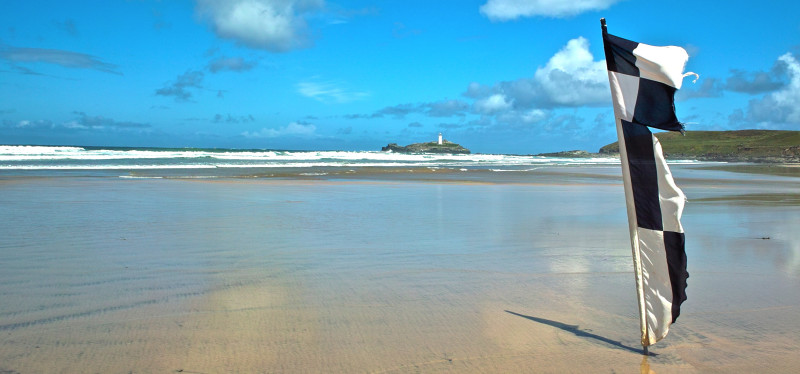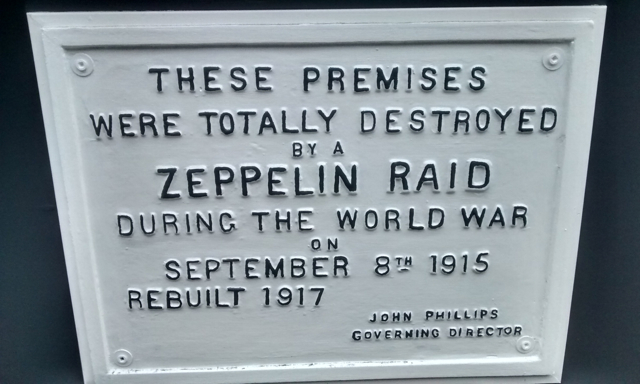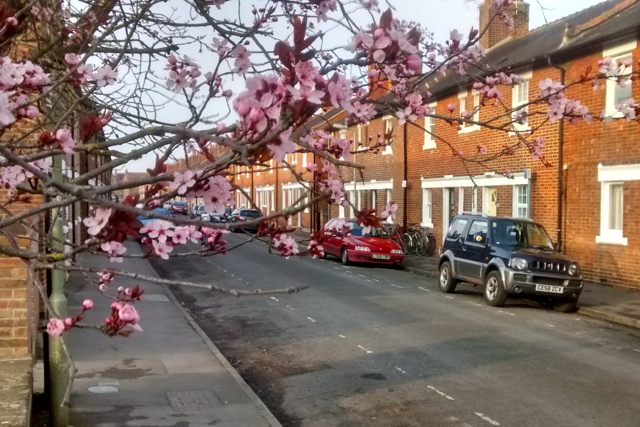for years, never made the things I’ve dreamed real. I blew the sequence, thought I could write something full of mystery and wonder, something arrived at. I’m not sure it can even be done. It might have been wiser instead to write the steps, if I could, and see where they carried me. But the words will come or they won’t, come with the clouds or skip away from my fingers like spring’s breeze-blown butterflies.
Category Archives: Henry
Walk the green hump…
of Tennyson Down and out to the lonely fort overlooking the Needles. As an icon for old England, what views can rival these chalk plates sawing into the blue? It’s a calendar shot, like Stonehenge or the Dover cliffs but I wonder what it means to those who didn’t grow up with Spitfire stories, the silver jubilee and power strikes. Are they any less spellbound by those war era tales of the plucky island fighting off invaders? The Needles as a national symbol might be some Dad’s Army throwback but I can’t stare down at them without thinking of a gateway to England, chalk flag border posts stamped into the seabed. And old rusting guns look down on them too, of course, tunnel searchlight boxes and blackened pom-pom mounts. The army sends its soldiers to all frontier outposts, our postcard English sea tail is no exception.
Caught in the car…
in the post-equinox storms, the town’s mask slips into another version of the what-I-see. Visitors stand mute in doorways, pressed back from the hiss and sudden street mists but it’s all calm here in my cracked-leather cabin. I’ve hours looming all to myself at the empty apartment, paramour pages waiting to carry me back out on the Murmansk run with Captain Harinxma, dreaming of the light above the Arctic Circle line, wondering how he’ll survive. I wait for the town picture to clear and take hold, so that I might return to the books.
The trains…
get slower, shorter, older and later. This must be the new normal the financiers and politicos talk about, worse is better, standing is more comfortable than sitting. This must be the recovery at work and I’m the one at fault for not seeing the beauty of it. Commerce comedy in mind, though life and death to my morning rumble on the Paddington line, I remember Yossarian, dumbfounded and horror-struck in the bomber cockpit with clouds beneath his feet, hearing the news that Milo Minderbinder has traded away all the silk parachutes.
A morning cloudburst…
just missed me, silvering the highstreet as it slid north. And I remembered Of Love and Hunger and Fanshawe shivering under the sheets in his buffeted room atop the boarding house, alone and broke, not even a shilling left for a pack of fags, rain greasing the windows, smell of kippers and damp carpets drifting up from the guest lounge. Maclaren-Ross earned his shelf space in the Library of the Dead with that one book, with its puddled roads, warm beer and shut terrace doors. And when the storm passes, Fanshawe mutters to himself,
Some other town’d catch it now.
England changed so much, and changed not at all.









